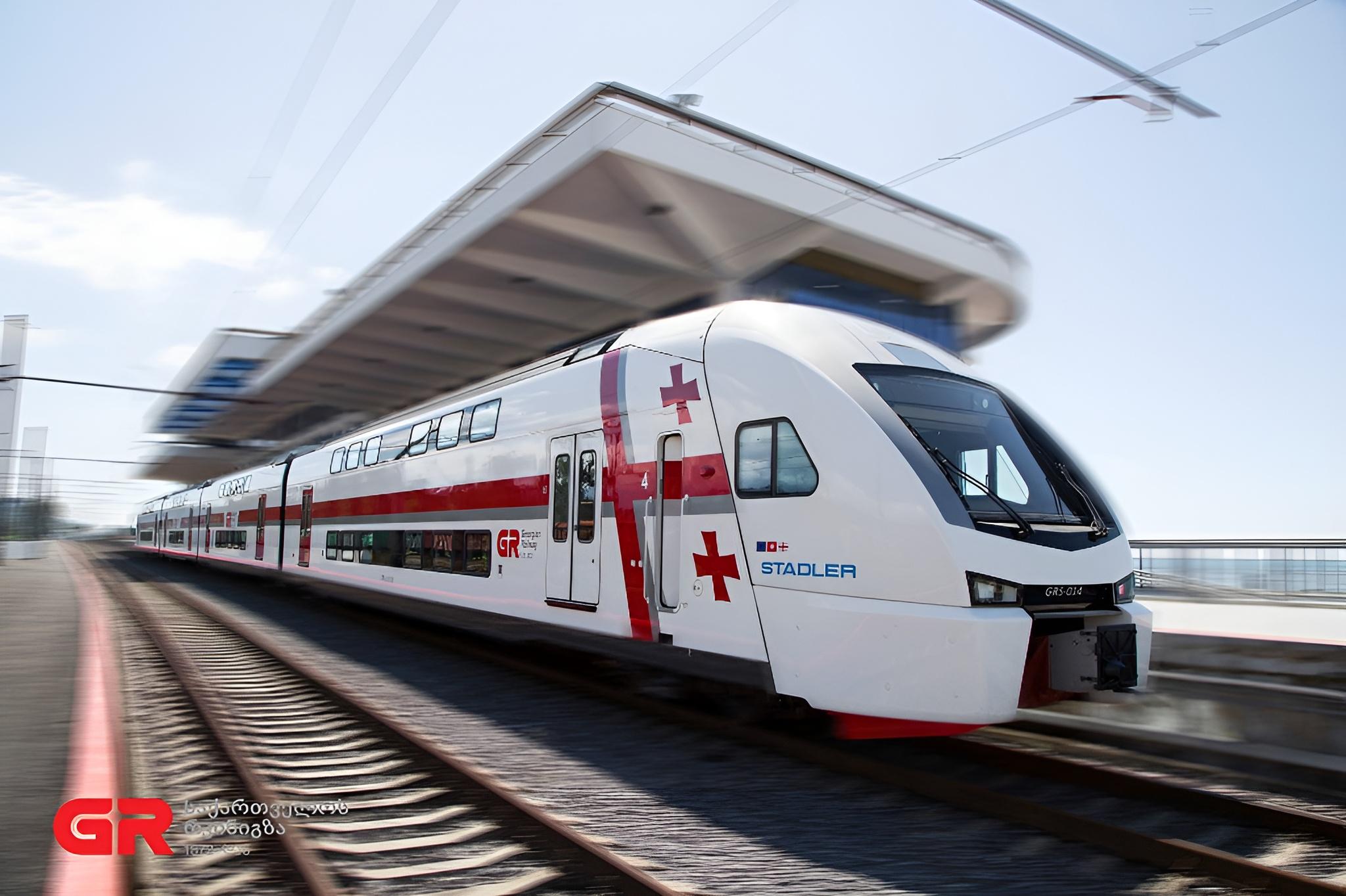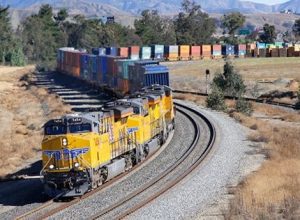Georgias Railway Freight: A Strategic Link in Global Trade and Economic Growth




The railway freight system in Georgia represents a remarkable showcase of the country's commitment to effective and efficient logistics infrastructure. This extensive network serves as the economic backbone, connecting key industrial hubs and vital trade routes throughout the region. From the bustling coastal ports of Batumi and Poti to the dynamic inland terminals in Tbilisi and Kutaisi, goods move with an effortless flow that ensures robust domestic and international trade operations.
Strategically positioned to bridge Europe and Asia, Georgia's railways gain additional importance as part of the Trans-Caspian International Transport Route (TITR) and the TRACECA corridor. These railway networks are instrumental in fostering trade links among Europe, Central Asia, and the Caucasus region, fortifying Georgia's role as a vital trading partner and transportation corridor. This positioning allows for the efficient movement of goods across borders, marking Georgia as a significant player in regional and international commerce.
Georgia is moving full steam ahead into the future with substantial investments aimed at modernizing its rail infrastructure. Key projects, including the upcoming Anaklia Deep Sea Port and the development of the East-West Railway Corridor, showcase Georgia's ambitious vision to boost connectivity and competitiveness in the global marketplace. These infrastructure improvements signal a future of reliable and environmentally friendly transport options, emphasizing sustainability, cost-effectiveness, and operational efficiency.
The railway freight system in Georgia encapsulates the country's dedication to creating seamless logistics solutions and robust transportation infrastructure. This remarkable network acts as the beating heart of Georgia's economy, connecting main industrial centers with major international trade corridors. The strategic focus on rail development demonstrates Georgia's foresight in recognizing the crucial role of efficient transportation in economic growth.
The transformation underway in Georgia's railway freight system spotlights the nation's strategic emphasis on modernization and technological advancement. As a critical piece of global logistics infrastructure, Georgia's railways effectively link European and Asian markets, underpinning both local and international trade relationships. The ongoing development projects are poised to propel Georgia onto the global stage, boosting its logistical competitiveness and economic potential significantly.
Georgia's railway freight system offers strategic advantages that showcase it as a cornerstone of economic vitality and cross-border trade efficiency. Sitting at the intersection of Europe and Asia, Georgia's robust rail infrastructure facilitates a seamless flow of goods that empowers businesses to explore new market opportunities with unparalleled ease. The country's commitment to infrastructure development creates golden opportunities for enterprises seeking to optimize their logistics operations while achieving cost-effectiveness and environmental sustainability.
The continuous investment in upgrading Georgia's railway system showcases the nation's commitment to sustainability and operational proficiency. Notable infrastructure projects demonstrate Georgia's ambitious push towards enhanced connectivity and market competitiveness. For businesses aiming to leverage Georgia's burgeoning railway freight landscape, numerous collaborative opportunities are available for growth and innovation in the transportation sector.
For enterprises seeking to streamline logistics operations in Georgia, professional railway freight services offer tailored solutions designed to meet diverse shipping requirements. Whether handling standard consignments or specialized cargo, the accessible and effective transportation options guarantee logistical efficiency and reliability. The railway freight framework ensures cost-effective transport while championing environmental sustainability and operational excellence for businesses across various industries.

Comments